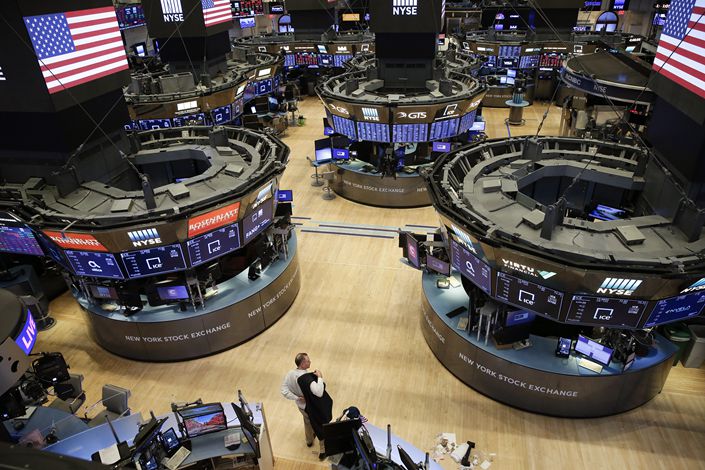Wall Street Reaps Commissions Bonanza From Flood of Chinese IPOs

(Nikkei Asian Review) — U.S. brokerages earned record commissions from Chinese companies in the first eight months of 2020, as businesses and investors alike seek a slice of the booming American stock market.
Chinese companies paid over $600 million in commissions to U.S. brokerages for stock issuances from January to August, up 80% from a year earlier, according to Refinitiv.
The figure represents roughly half of the commissions paid by Chinese companies during the period.
Just last month, SoftBank Group Corp.-backed KE Holdings Inc. raised $2.12 billion through its IPO on the New York Stock Exchange. The real estate platform operator paid out $74 million in fees related to its debut.
KE Holdings’ underwriters, Morgan Stanley and Goldman Sachs, were the top two beneficiaries from Chinese commissions, earning $220 million and $120 million in the January-August period, respectively.
The boost has been fueled by a flurry of new listings in the U.S. market. A record 19 Chinese companies debuted on a U.S. bourse in January-August. Together they raised $6.9 billion, or about 170% more than similar IPOs a year earlier.
Although the coronavirus limited face-to-face interactions, “we were still able to bring together all the necessary parties through videoconferencing to prepare for listings,” said a brokerage source.
Despite worsening diplomatic relations, Chinese businesses are eager to list in the U.S., where promising businesses can attract positive attention even if they are currently in the red. Electric-car maker Li Auto Inc. debuted on Nasdaq in July, as did Xpeng Inc. on the New York Stock Exchange in August. Both issues soared about 40% above the offering price during their first sessions.
Foreign funds and other investors that have invested in Chinese companies also hope to recoup their money in the U.S. or Hong Kong, which has less stringent capital regulations than mainland China. For example, Lizhi, a podcast platform operator that listed in January, counts U.S.-based Matrix Partners as one of its investors.
But it is unclear how long this boom will last. A White House task force last month recommended an audit requirement for all Chinese companies seeking to list in the U.S. The Securities and Exchange Commission is expected to publish new stricter regulations soon that could deter new listings.
There is also growing concerns about emerging companies in general, fueled by recent fraud allegations at American electric-car maker Nikola Corp. and German fintech company Wirecard AG.
In China, automaker Nio Inc. faces deep financial troubles, while Li Auto and XPeng are said to lose 10,000 yuan ($1,500) for every vehicle they sell. If U.S. stock prices fall, these companies’ reputation could come crashing down as well.
Tighter U.S. restrictions will likely not have an immediate impact on American brokerages’ dealings with China. Citigroup Inc., for example, is an underwriter for Ant Group Co. Ltd.’s planned dual listing in Hong Kong and Shanghai in October. More Chinese companies trading in the U.S. are also seeking secondary listings in Hong Kong due to the growing tensions between Beijing and Washington. Still, the current honeymoon between U.S. brokerages and Chinese companies hang in a delicate balance.
This article was first published by the Nikkei Asian Review.
Download our app to receive breaking news alerts and read the news on the go.

- MOST POPULAR




